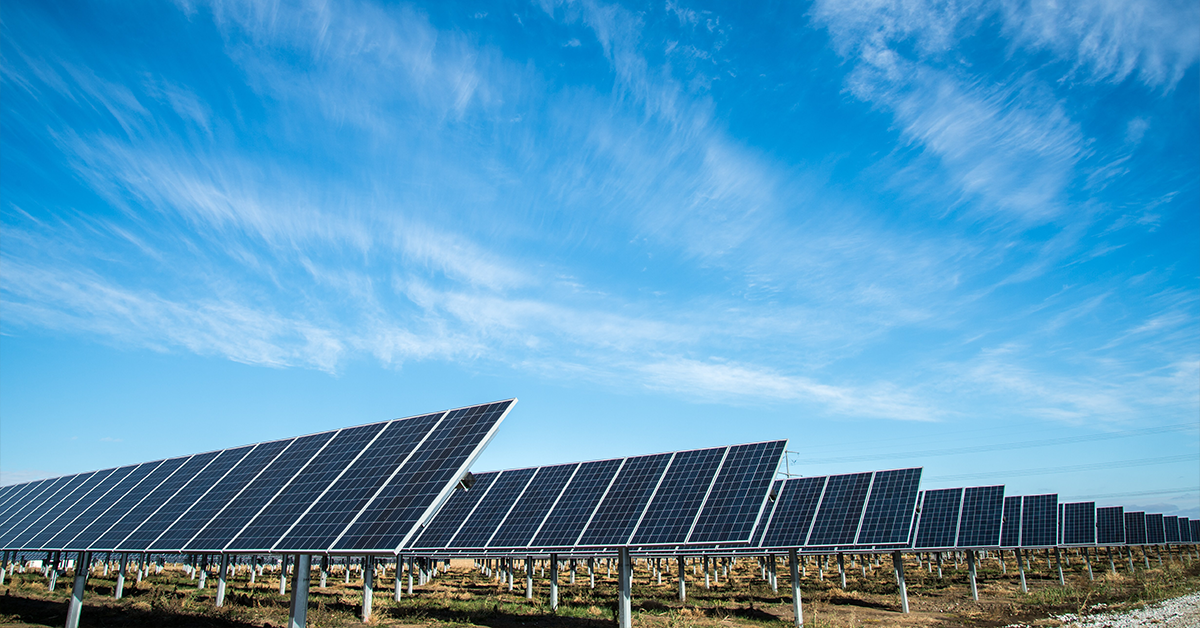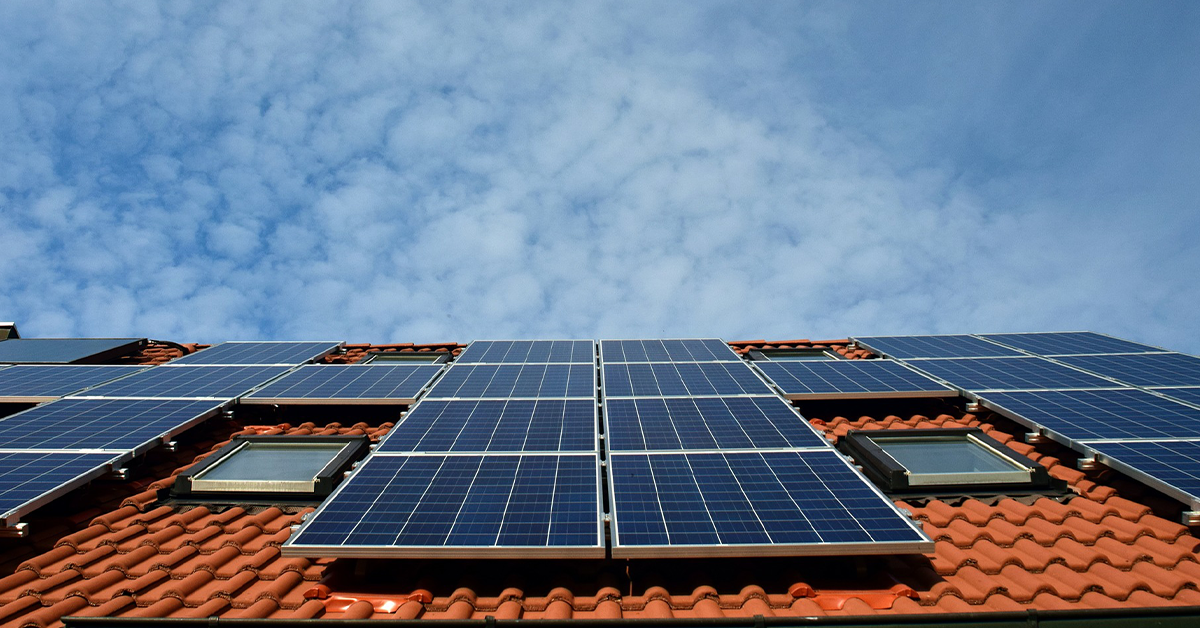Solar energy is in demand at the moment. Solar power is considered a reliable solution for all the problems caused or will be caused regarding electricity. Moreover, it is a proven solution to the environmental issues caused by burning fossil fuels. Apart from that, solar consists of numerous other advantages. But, there’s not one kind of solar energy system that the customers can install for themselves. Instead, there are two systems; an on-grid and an off-grid system.
This article has discussed the difference between the two based on their electricity accessibility, expense, and billing procedures. You can read the article and decide which solar system best suits your requirements.
Our Process
When you call our representative from Beyondgreen Solar, our team visits your place and suggests a system based on proper inspection. So if you are choosing us, you have nothing to worry about. But still, for personal satisfaction, a bit of homework would not do any wrong.
TECHNICAL DIFFERENCE
An off-grid solar system is a system that is not connected to your utility grid. Unlikely, an on-grid system is connected to your utility grid. In simple words, when you are using an off-grid solar system, you are entirely dependent on solar. In this case, you have nothing to do with the grid or conventional electricity. While on the other hand, in an on-grid system, your solar and utility grid goes hand in hand. Let’s dig into these differences in a bit more detail.
ACCESSIBILITY
OFF GRID’S ACCESSIBILITY
While using an off-grid solar system, your home/workplace will receive all the electricity produced by your solar system. Several components we call ‘batteries’ will store the electricity. The function of these batteries is to store the electricity produced by your off-grid solar systems and provide it to your appliances. Without sunlight, you will not get electricity unless some excess electricity is stored in your batteries. This ‘extra’ electricity is produced during daylight and is stored in the batteries. Depending on the batteries ‘ size and storage capacity, you can use them during the night or rainy/cloudy days.
ON GRID’S ACCESSIBILTY
On the other hand, an on-grid system allows 24/7 accessibility of electricity at your place. During peak sun hours, your solar system produces electricity for you, and you receive electricity from your utility grid for the rest of the hours. And the best part is, the extra electricity produced by your system, in this case, is sold back to your local electricity provider, compensating your bill.
COST BENEFIT ANALYSIS
OFF GRID’S CBA
Now, let’s compare the expenses and affordability of both these systems. You don’t have to pay any electricity bills in an off-grid system. Your electricity is free of cost, as the sun is not charging anything for sunlight. However, the system itself is costly. Moreover, to ensure sustainable provision of electricity, you will require several batteries with good storage capacity. It would cost a lot and require maintenance and replacement after some time. However, an off-grid system is suitable for those areas where load-shedding is very high, and there’s no other option.
ON GRID’S CBA
In an on-grid system, installation costs are lower than off-grid. However, you receive monthly bills, which are compensated by the amount of ‘extra’ electricity units your products sell. And it is estimated that after some time (3.5 years in Pakistan), your electricity bills will go zero. After that, you will enjoy returns on a bit of investment you made.








